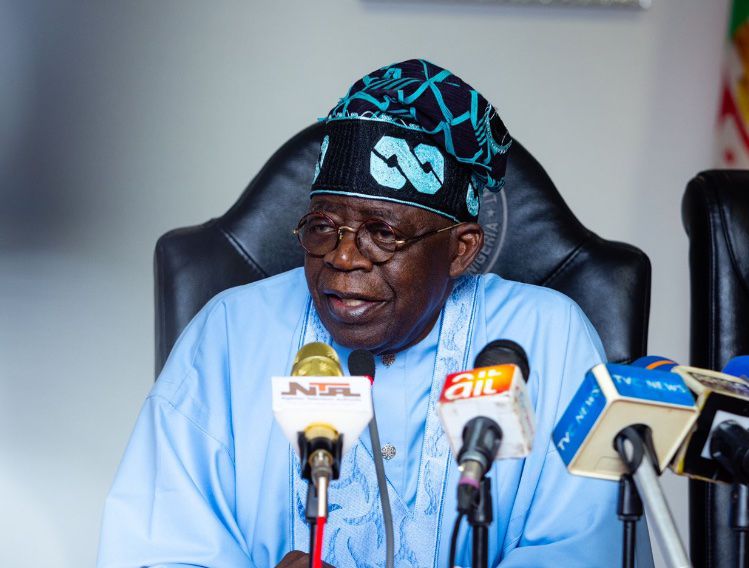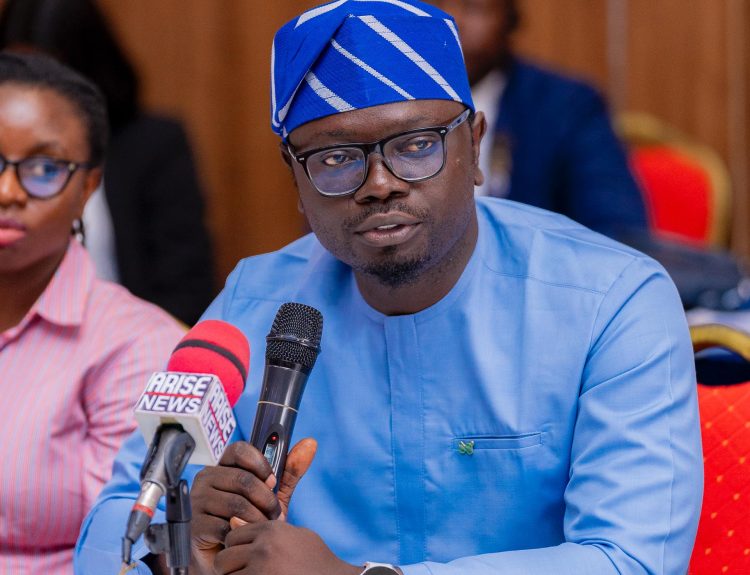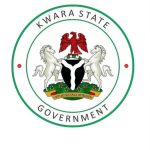As President Bola Tinubu approaches his second year in office on May 29, preparations are underway for the submission of a new performance assessment report on his cabinet ministers. The Central Results Delivery and Coordination Unit (CDCU), responsible for monitoring and evaluating ministerial performance, is finalizing a comprehensive scorecard covering the first quarter of 2025.
According to credible sources within the Presidency, the confidential report will soon be presented to the President. Ministries that have underperformed are reportedly under increased pressure as the evaluation nears completion. The CDCU, headed by Hadiza Bala-Usman, has been reviewing evidence uploaded by various ministries showcasing their projects and policy implementations.
Each ministry submitted documents and progress reports to the CDCU portal in April. Since then, the verification team has been assigning scores based on performance indicators tied to the deliverables agreed upon during the October 2023 cabinet retreat. These benchmarks were formalized through performance bonds signed by all ministers.
An official familiar with the process revealed that while a few ministries, including the Ministry of Works, showed above-average results, many others were found wanting in key performance areas. “Several ministries have struggled to meet expectations. Only a handful demonstrated measurable progress,” the source said.
While no immediate cabinet reshuffle is expected, the report will provide President Tinubu with data-driven insights to initiate performance reviews and corrective actions where necessary. Sources confirmed that the evaluation would also help in setting new targets and reinforcing accountability across ministries.
During the three-day cabinet retreat held in November 2023, Tinubu had made it clear that only performance would guarantee the continuity of appointments. He emphasized that ministers who failed to meet objectives would be replaced.
The President had earlier reorganized his cabinet in October 2024, removing two ministers and reshuffling others. That decision was reportedly influenced by the CDCU’s previous performance report.
Established in June 2023, the CDCU operates under the Presidency and mirrors similar delivery units in the United Kingdom and Rwanda. Its core responsibilities include monitoring key performance indicators, flagging failing projects, and producing quarterly dashboards for presidential review.
In October 2023, Bala-Usman had announced that assessments would begin in January 2024 after ministries received their fiscal budgets. The unit also trained over 140 officials from 35 ministries to effectively monitor and evaluate performance across various sectors.
At a February 2025 briefing, Bala-Usman reiterated that the quarterly scorecards are critical tools in shaping presidential decisions. “Our data is objective. It exposes the weak links in governance,” she stated, adding that previous reports had prompted internal reviews in multiple ministries.
Meanwhile, opposition parties have criticized the Tinubu administration over issues ranging from economic hardship to insecurity. The Peoples Democratic Party described the government as a “monumental failure,” accusing it of worsening the economic and security conditions in the country.
PDP’s National Publicity Secretary, Debo Ologunagba, argued that the administration has failed to deliver on its core responsibilities. He said, “This government has brought more misery, more insecurity, and more suffering to Nigerians.”
The New Nigeria Peoples Party also called for a cabinet overhaul. Its spokesman, Ladipo Johnson, urged the President to introduce fresh ideas and dynamic hands to steer the nation forward. He noted that many ministers appear disconnected from urgent national priorities.
Labour Party’s Publicity Secretary, Obiora Ifoh, echoed similar concerns, insisting that non-performing ministers should be dismissed. He urged the President to prioritize security, economic revival, and public welfare.
Civil society voices have also weighed in. Debo Adeniran of the Centre for Accountability and Open Leadership criticized the state of education, healthcare, and security. “Public institutions are collapsing. From poor teaching standards to inadequate health services, nothing seems to be working,” he lamented.
Auwal Rafsanjani, Executive Director of the Civil Society Legislative Advocacy Centre, pointed out that some ministers are more focused on political positioning than national development. He called on the government to release the CDCU report to the public, stating that transparency is key to accountability.
He also expressed concern over ministers who remain largely invisible, saying many were appointed for political convenience rather than competence. “Some are only visible when it is time to support the President’s re-election. That is not governance,” Rafsanjani said.
Although the President is unlikely to make major changes before the anniversary celebrations, the new performance report will inform private consultations with ministers and shape the next round of potential reshuffles.
When contacted, Special Adviser on Information and Strategy, Bayo Onanuga, confirmed that the evaluation is a routine exercise designed to ensure ministers and agency heads remain accountable and focused on delivering results.














